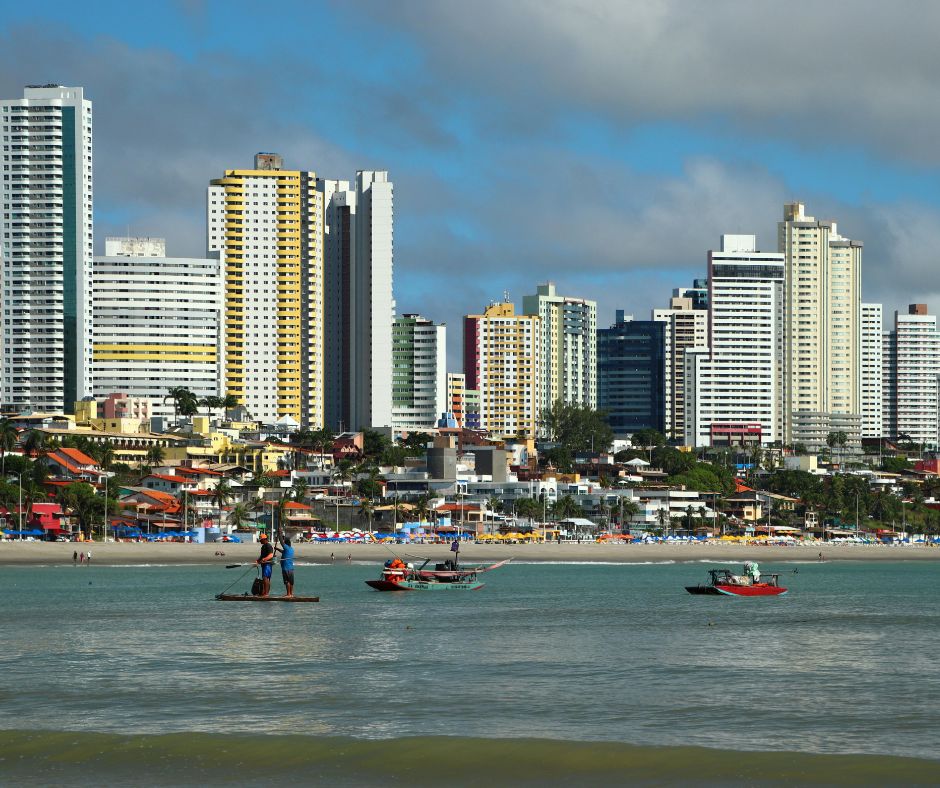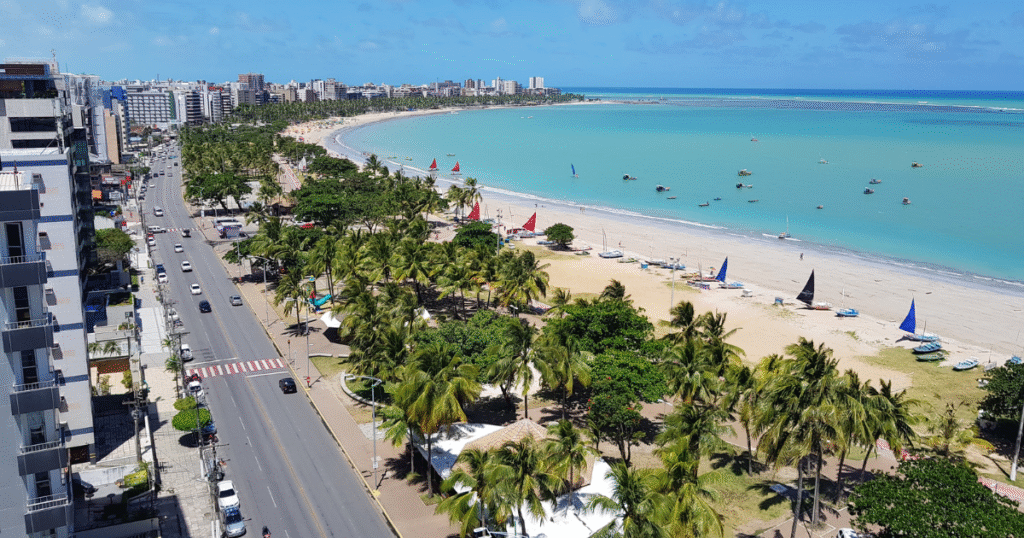Renting an apartment in Brazil as a foreigner (gringo) isn’t as simple as just finding a place and signing a lease. While it’s possible, you’ll need to understand the local rental system, meet specific financial requirements, and prepare documents that many landlords expect from tenants.
This guide will walk you through exactly what you need to be prepared for when renting in Brazil, how to overcome common obstacles, and what landlords are looking for before handing over the keys.
1. What Landlords in Brazil Expect From Renters
Unlike in the U.S. or Europe, renting in Brazil typically requires proof of financial stability—and if you’re a foreigner, this requirement becomes even stricter.
Here’s what most Brazilian landlords will ask for before renting to you:
• CPF (Cadastro de Pessoa Física) – A Brazilian tax ID required for official transactions.
• Proof of Income (Comprovante de Renda) – Landlords want to see consistent, verifiable income to ensure you can pay rent.
• A Brazilian Guarantor (Fiador) – Many landlords require a Brazilian citizen who owns property to co-sign the lease.
• Security Deposit (Caução) – Usually equivalent to one to three months’ rent if you don’t have a fiador.
• Rental Insurance (Seguro Fiança) – An alternative to a fiador, but requires approval from an insurer.
• A Long-Term Lease Commitment – Most leases are 30 months (2.5 years) by default, though you can leave after 12 months without a penalty.
Since most foreigners don’t have a fiador (a local co-signer), you’ll need to prove your ability to pay rent in another way—either through bank statements, upfront payments, or rental insurance.
2. How I Got Around the System Without a Fiador
Since I’m self-employed and don’t have a traditional employer, I wasn’t able to provide a standard proof of income document like a Brazilian worker would. However, I was able to rent an apartment because I showed consistent bank deposits.
What Worked for Me:
• Instead of a pay stub (holerite), I provided my bank statements showing consistent income deposits.
• The landlord made an exception for me because they saw I had a stable income, even though I wasn’t employed by a company.
• If you’re self-employed or a digital nomad, this is the best way to prove your ability to pay rent.
💡 Pro Tip: Even if you’re self-employed, try to show at least three to six months of stable income in your bank account before applying for an apartment.
3. The CPF (Tax ID): You Can’t Rent Without It
To rent long-term in Brazil, you must have a CPF number (Cadastro de Pessoa Física).
Here’s how to get one:
• Apply at a Banco do Brasil, Caixa Econômica, or Correios office.
• Bring your passport and proof of residency (even a hotel address works).
• The process costs around R$7–R$10 and takes about an hour.
Without a CPF, you won’t be able to sign a lease, open a bank account, or even get a phone plan.
4. What to Do If You Don’t Have a Fiador (Guarantor)
Since most foreigners don’t have a Brazilian citizen to co-sign their lease, here are the best workarounds:
Option 1: Offer to Pay 6-12 Months of Rent Upfront
Some landlords will waive the fiador requirement if you offer to pay a large amount upfront. If you can afford it, this is the easiest way to secure a place.
Option 2: Show Bank Statements as Proof of Income
If you’re self-employed, provide consistent bank statements to prove your financial stability. Some landlords will accept this instead of a fiador.
Option 3: Use a Rental Insurance Service (Seguro Fiança)
• You pay a monthly or yearly insurance fee instead of providing a fiador.
• It typically costs one to two months’ rent per year and is available through insurers like Porto Seguro or Bradesco.
Option 4: Find a Landlord Who Rents Directly
Many smaller landlords (especially those listing on Facebook Marketplace or OLX) are more flexible and don’t require a fiador.
5. Security Deposits & Other Costs to Expect
If you don’t have a fiador, most landlords will ask for a security deposit instead.
• Standard deposit: One to three months’ rent.
• Other costs: Be prepared to pay condomínio fees (building maintenance) and IPTU (property tax) depending on the contract.
Always read the lease carefully to see if these fees are included in the rent or separate.
6. Understanding Lease Terms
Brazilian rental contracts are usually 30 months (2.5 years) by default. However, you can typically leave after 12 months without a penalty by providing 30 days’ notice.
• Inflation Adjustments: Rent increases annually based on the IGP-M inflation index.
• Furnished vs. Unfurnished: Unfurnished apartments in Brazil often lack appliances, cabinets, and even light fixtures.
💡 Tip: Ask the landlord if the apartment includes a stove, fridge, and cabinets—because many do not.
7. Best Places to Rent as a Foreigner
If you’re new to Brazil, stick to expat-friendly areas with good infrastructure and safety.
Best Cities for Expats:
• São Paulo: Moema, Vila Madalena, Itaim Bibi
• Rio de Janeiro: Ipanema, Leblon, Botafogo
• Florianópolis: Lagoa da Conceição, Campeche
• Natal: Ponta Negra, Tirol
• Salvador: Barra, Rio Vermelho
💡 Tip: Short-term rent via Airbnb first to explore different neighborhoods before signing a long-term lease.
8. Final Checklist Before Renting in Brazil
Before signing a lease, make sure you have:
✅ CPF (Tax ID)
✅ Bank statements or proof of income
✅ Security deposit or alternative guarantee
✅ A clear understanding of extra fees (condomínio, IPTU, utilities)
✅ A translation app if you don’t speak Portuguese
Final Thoughts: Renting as a Foreigner Is Possible—If You’re Prepared
Renting long-term in Brazil as a foreigner isn’t difficult if you understand what landlords expect and come prepared. Whether you’re self-employed, a digital nomad, or a retiree, proving financial stability is the key to securing a lease.
💬 Have any questions about renting in Brazil? Drop a comment below and share your experience!











